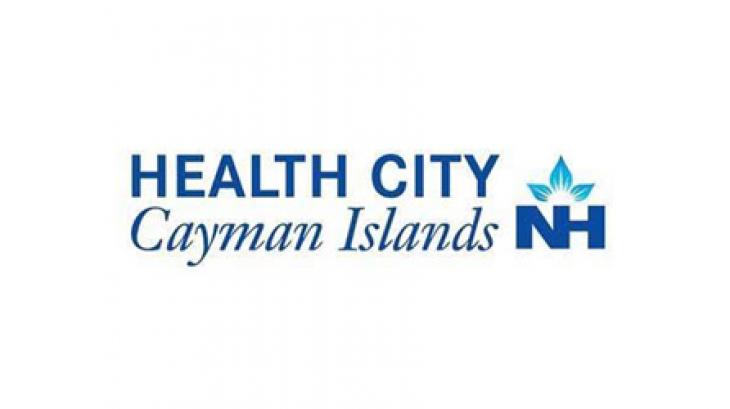
Cayman Islands (June 29, 2018) - The Health City Cayman Islands model "is potentially very disruptive to U.S. health care", according to authors Vijay Govindarajan and Ravi Ramamurti in an article published in the respected Harvard Business Review journal.
Both professors at U.S. universities, Govindarajan and Ramamurti have written the book Reverse Innovation in Health Care: How to Make Value-Based Delivery Work, which studies examples of Indian principles being applied with great success in western health care organizations.
The authors note in the Harvard Business Review article that by combining prices that are 25 to 40 percent of those found in the U.S. with a mortality rate close to zero, accreditation by Joint Commission International, and glowing patient testimonials, Health City has created a model for change.
"Even with zero copays and deductibles and free travel for the patient and a chaperone for 1-2 weeks, insurers would save a lot of money," the article states.
The headline of the story asks "Is this the hospital that will finally push the expensive U.S. health care system to innovate?"
The authors cite cost and location as key factors in Health City's potential to be an innovative model for change in the delivery of health care in the U.S.
By offering "excellent care at ultra-low prices at a location close to the U.S." while also being outside of the U.S. "regulatory ambit", the authors theorize that "U.S. health care providers should pay attention" to Health City both as an example to follow and a potential threat to their current business model.
This, they say, is the driving force behind the four-year-old tertiary care hospital's development as spearheaded by founder Dr. Devi Shetty, chairman of India's Narayana Health.
The authors quote Dr. Shetty as saying, ""For the world to change, America has to change. So it's important that American policy makers and American think-tanks can look at a model that costs a fraction of what they pay and see that it has similarly good outcomes."
They also refer to the comments of a former patient, an American vascular surgeon based in Massachusetts, who on vacation at Cayman Islands underwent open-heart surgery at Health City. He had this to say about his experience: "I see plenty of patients post cardiac surgery. My care and recovery is as good or better than what I have seen. The model here is what the U.S. health-care system is striving to get to."
The duo list the principles transferred from India that Health City has used in its model as a case of what they term "reverse innovation", including lower building costs, leveraging supplier relationships through being a part of the Narayana Health group, and outsourcing some back office operations.
In conclusion, they opine that "U.S. health care providers can afford to ignore experiments like HCCI at their own peril" and quote Robert Pearl, CEO of Permanante Medical Group and a clinical professor of surgery at Stanford University, who said, "Ask most Americans about obtaining their health care outside of the United States, and they respond with disdain and negativity. In their mind, the quality and medical expertise available elsewhere is second-rate. Of course, that's exactly what Yellow Cab thought about Uber, Kodak thought about digital photography, General Motors thought about Toyota, and Borders thought about Amazon."
Author Vijay Govindarajan is the Coxe Distinguished Professor of Management at Dartmouth's Tuck School of Business. Co-author Ravi Ramamurti is the University Distinguished Professor of International Business and Strategy and the director of the Center for Emerging Markets at Northeastern's D'Amore-McKim School of Business.
Their book, Reverse Innovation in Health Care: How to Make Value-Based Delivery Work will be published on July 10, 2018 by the Harvard Business Review Press.
Harvard Business Review is a general management magazine published by Harvard Business Publishing six times a year. It has a circulation of 263,645.




